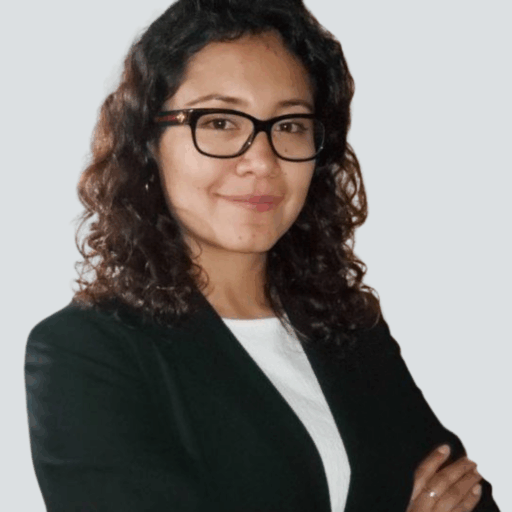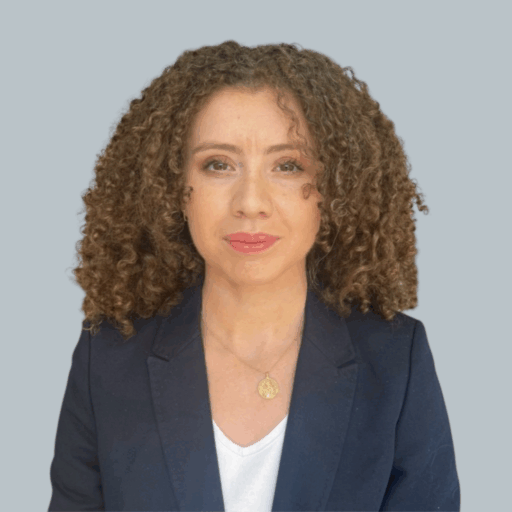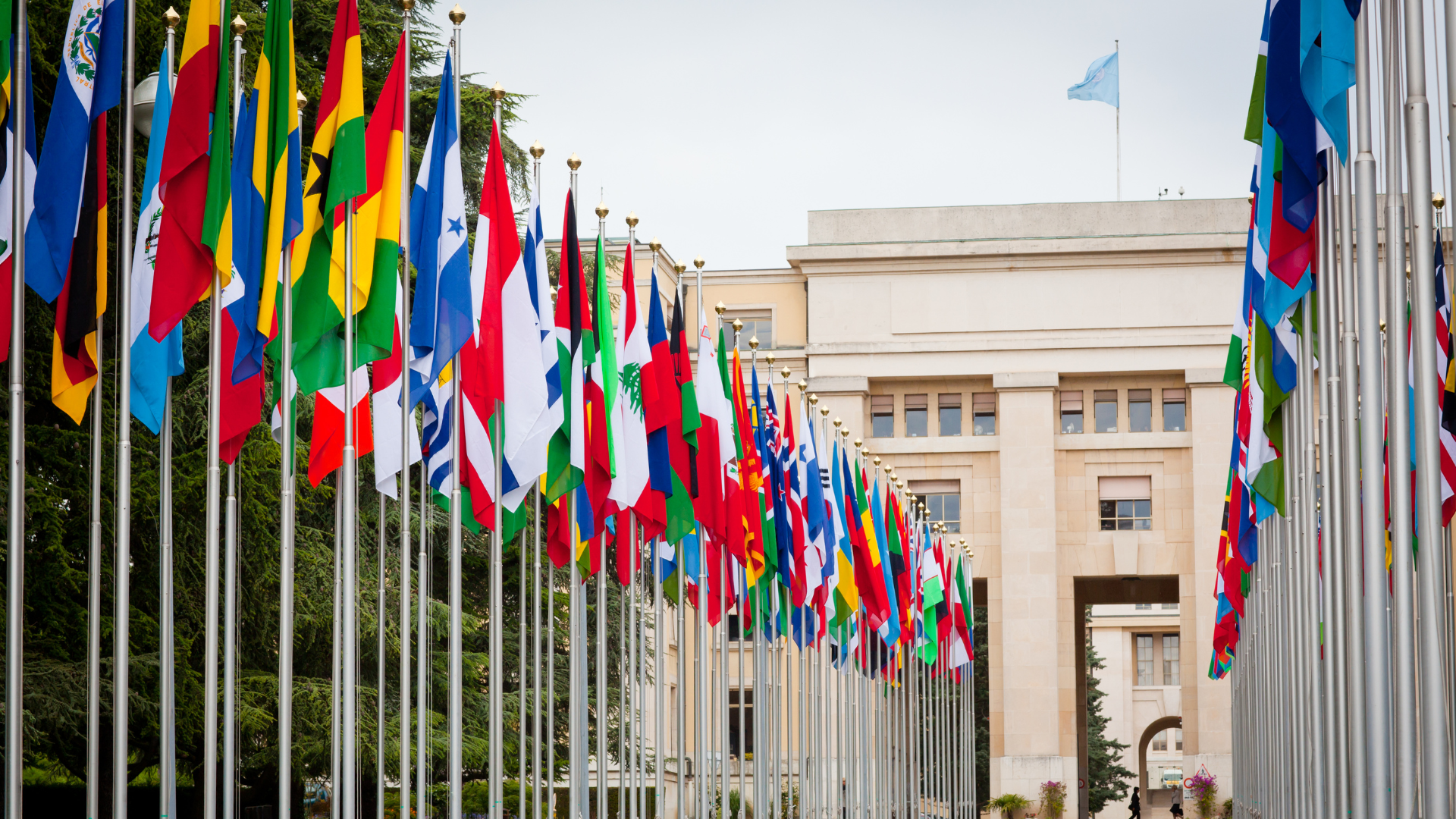2025 marks the 160th anniversary of the International Telecommunications Union (ITU), the United Nations body responsible for coordinating global telecommunication and ICT services.
This year, the annual ITU Council Meeting took place between 17-27 June 2025 in Geneva, Switzerland. Proceedings were led by Ms Cristina Flutur of Romania, who was appointed as the Chair, and Dr Bosun Tijani of Nigeria, appointed Vice Chair. Over ten days, the Council discussed key projects and initiatives related to global connectivity, sustainable development, emerging technology, Artificial Intelligence (AI), and space technology. The meeting also addressed key administrative issues, including the ITU’s budget and the role of regional and area offices in executing programmes and projects.
WRC-27 location
The most contentious issue to arise was the location of the upcoming World Radiocommunications Conference (WRC-27) – the most important event in the Radiocommunications (ITU-R) calendar. On the first day, the Chinese delegation proposed hosting the conference in Shanghai, China, adding that it would offer funding for the Least Developed Countries (LDCs) to ensure global attendance of the conference. This was countered by a proposal by the United States of America, which suggested hosting WRC-27 either in the US or in Geneva. ITU Council Members voted in favour of Shanghai, a decision which the USA, Italy and Canada have challenged. For now, it is still unclear where WRC-27 will be held.
AI development and deployment
Ahead of the first day of the conference, Council Members were invited to a workshop titled “AI in Action – Exploring Opportunities for Diplomacy and Governance”. The workshop provided delegates with a deeper understanding of the role of AI in shaping public policy and multilateral processes. This workshop underscores the ITU’s commitment to establishing itself as a key multilateral voice in shaping global AI governance, a position strengthened by the annual ITU-organised AI for Good Summit, the next edition of which begins next week in Geneva. The ITU also co-chairs the UN Inter-Agency Working group in AI and the AI Subgroup of the Working Group on Digital Technologies, promoting UN system-wide coordination and policy coherence on AI.
Since 2017, the ITU has focused on identifying practical AI applications to solve global challenges and contributing to universal connectivity and sustainable digital transformation. To date, the ITU has developed over 315 AI standards, mainly through cooperation with the ITU membership, International Organization for Standardization (ISO), International Electrotechnical Commission (IEC) and World Standards Cooperation (WSC). Throughout 2024, it offered several AI programmes and a new Al course is planned for October 2025 by the ITU Academy.
Global Digital Compact implementation
The Council reaffirmed its support for the Global Digital Compact (GDC), a comprehensive framework intended to further global collaboration and cooperation within the field of AI and other digital technologies. Having been adopted at the UN Summit of the Future last September, the Implementation Strategy of the GDC is under development.
The ITU actively supports Member States in implementing the GDC through its initiatives, focusing on universal connectivity, responsible AI standards, digital inclusion, and tailored support to help countries align national strategies with global digital goals and achieve sustainable digital transformation.
The role of the GDC alongside other multilateral agreements and strategies on digital cooperation and emerging technologies is a key topic across the United Nations this year. These initiatives are increasingly seen as critical to accelerating progress towards the UN Sustainable Development Goals (SDGs). The issue is high on the agenda at the World Summit of Information Society (WSIS) High Level Event, also taking place this month in Geneva, as the WSIS Process marks two decades of efforts to bridge the digital divide and foster an inclusive Information Society.
Space 2030 Agenda
The Council Meeting provided an opportunity for Members to review the progress of the Space2030 Agenda: a key strategy recognising space-related technologies and activities as a key driver of sustainable development. In 2022, the ITU committed to support the implementation of the Space2030 Agenda, with a focus on increasing access to space for all and ensuring that all countries benefit socioeconomically from space science and technology space-based applications.
The ITU plays a key role in enabling access to the radio-frequency spectrum and associated satellite orbits for developing countries, and in fostering global debate on space issues through its Space Sustainability Forum and the Space sustainability Gateway. In doing so, the ITU facilitates global dialogue on space-related policies, best practices, guidelines, and strategies, encouraging exchanges between member states and space stakeholders.
ITU Council composition
The ITU Council is comprised of 48 Council Members, with weighted distribution across the Americas, Western Europe, Eastern Europe and Northern Asia, Africa, and Asia and Australasia. On the first day of the Council meeting, the United Kingdom and the Kingdom of Saudi Arabia both announced their intention to run for re-election to the ITU Council, joining the Dominican Republic, Uganda, Brazil, and India as confirmed candidates. Voting for Council membership will take place at the upcoming Plenipotentiary Conference, in November 2026, when the ITU will convene in Doha, Qatar.
Key calendar dates
- World Summit of Information (WSIS) High Level Event: 7-11 July 2025, Geneva, Switzerland
- AI for Good: 8-11 July 2025, Geneva, Switzerland
- Global Symposium for Regulators (GSR-25): 31 August-3 September 2025, Riyadh, Saudi Arabia
- World Telecommunication Development Conference (WTDC-25): 17-28 November 2025, Baku, Azerbaijan
- Plenipotentiary Conference (PP-26): 9-27 November 2026 – Doha, Qatar
- World Radiocommunications Conference (WRC-27): Date & Location to be confirmed
Access Partnership closely engages with the ITU throughout all stages of its four-year cycle and has extensive experience in supporting government ministries, regulators, and private sector organisations to engage in ITU and ITU-related initiatives and conferences. If you would like to explore avenues to become more engaged and involved in the ITU’s work across the telecoms and technology sectors, please contact Xochitl Hernandez at [email protected] or Cerys Stansfield at [email protected].


Authors








